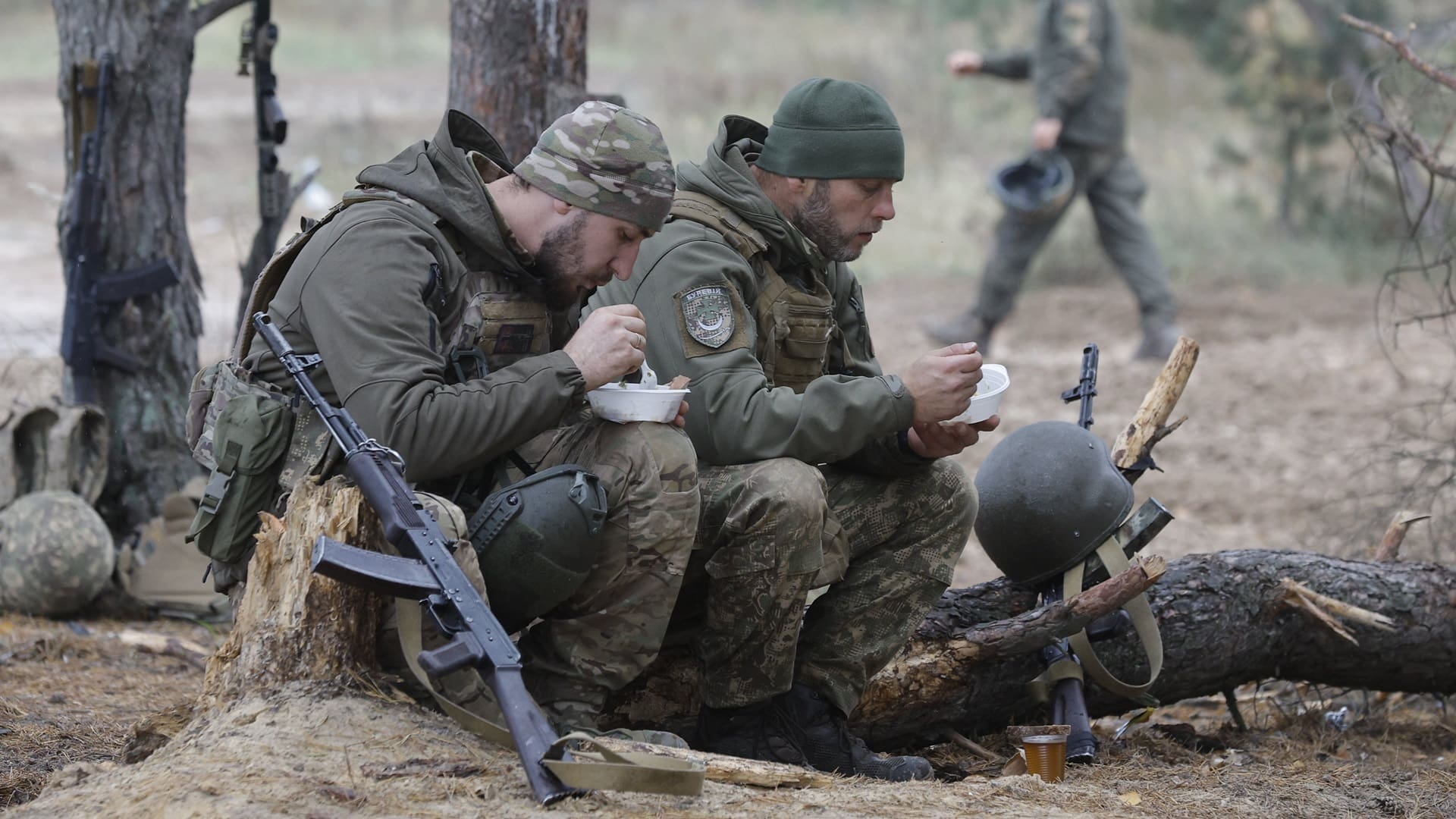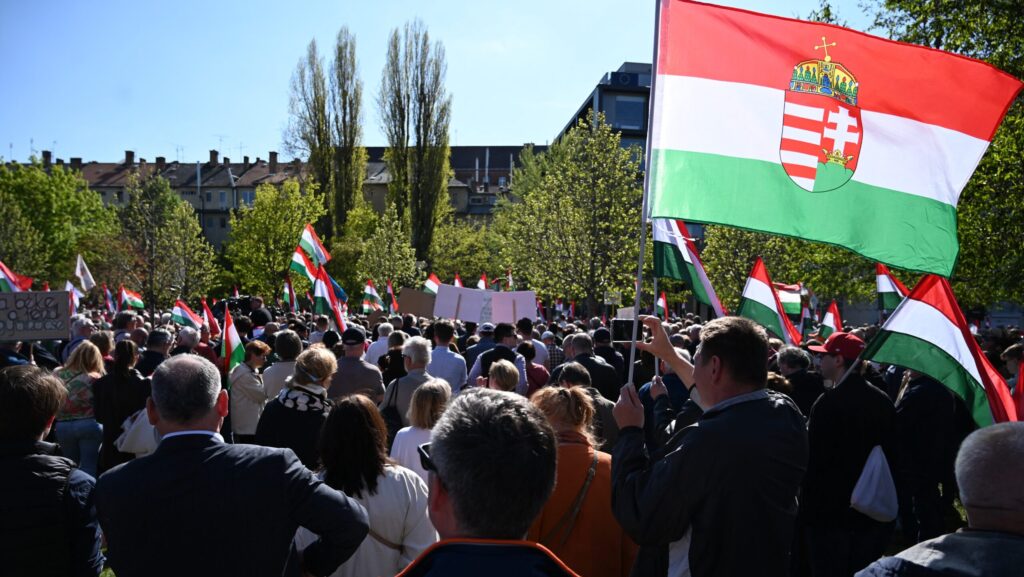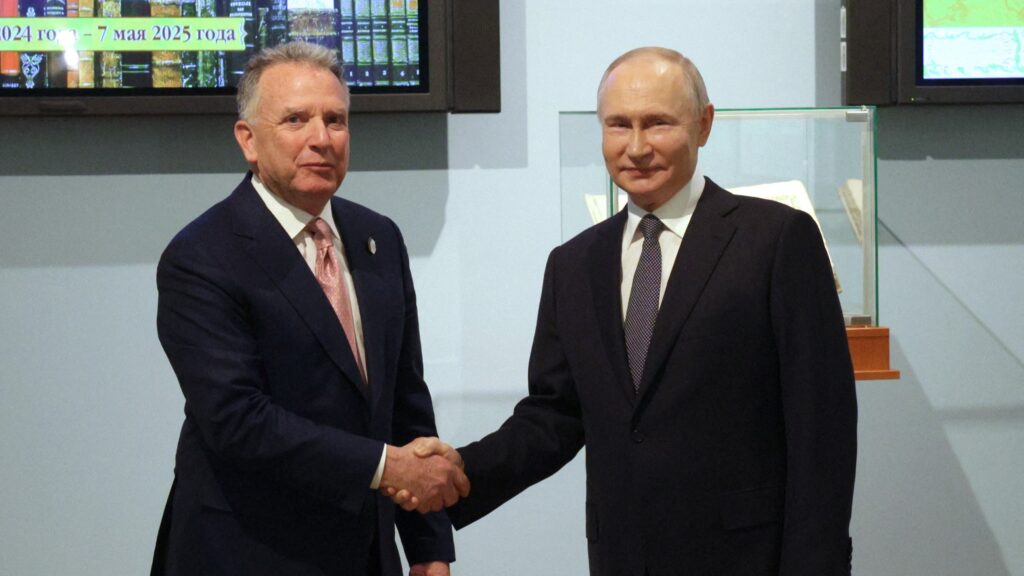Last month, the Ukrainian parliament passed a reformed draft bill, which lowered the age requirement for conscription to 25 and assigned more severe punishment for people trying to evade conscription. With the bloody war ongoing for over two years at our neighbours’ to the east with no end in sight, the law has caused considerable panic among the eligible male population of Ukraine. This is also the case in the Western Ukrainian region of Transcarpathia, heavily populated by ethnic Hungarians.
An ethnic Hungarian community organizer from Munkács (Mukachevo) in Transcarpathia, Ukraine, who asked our editorial staff to keep her anonymous for fear of repercussions, sent out an emotional letter to the people on the mailing list of her organization. In it, she pleads for prayers for the men under the new draft law, and gives a chilling account of how it has affected the everyday life in her home town. Here, we are publishing a few excerpts from her open letter, originally written in Hungarian, and translated to English by Hungarian Conservative.
‘The atmosphere here is similar now to what it was at the beginning of the war, when people were in a total panic, not knowing what was going to happen, trying to escape. The mobilization law that comes into force on the 18th could really spell the end for most of us; either they [conscription-age men] go and register (they have two months to do so) or they become wanted criminals.
Just one consequence of many is that they can no longer work. It is not clear who will.
Last week, truck drivers were dragged out of their trucks and taken away, having to leave the truck, loaded, on the side of the road. I was in one of the Hungarian villages a few days ago; they told me that the last gravedigger had been taken from the cemetery, and when the undertaker asked who would dig the graves and lower the coffins for the three funerals scheduled for that day—including one military funeral—they said that women too can do that kind of work… Whoever I talk to, I immediately hear at least three similar stories from their immediate surroundings, in addition to stories of enlisted acquaintances, with the scenario of being brought in, two weeks training, to the front on Friday, and dead by Sunday.
There has always been coercion, but now families and men are threatened with total devastation.
Many are trying to go on the run. One of the funnier stories is when someone dressed as a woman tried to cross the border with his sister's passport. However, the tragic reality is that only yesterday six bodies were found in the Tisza River, men who tried to swim across…
Please pray for their souls and the families involved!
…Apart from survival, sheer physical existence, the most important matter, the other most serious question has become how to remain normal. I hear many people say "I'm afraid I'm going crazy". Some people are no longer well. We all go through crises, but in a constant state of crisis, it is really difficult to stay normal…So, we are praying for these things now: faith, hope, the prospect of Heaven, and normality. And of course for the people.’
Related articles:








